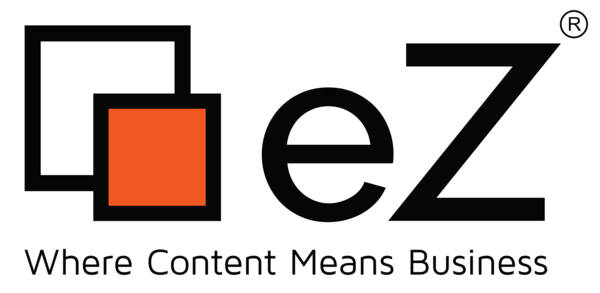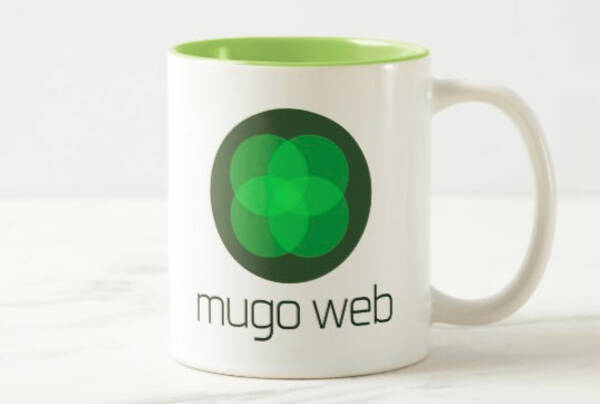Why the way you’re choosing your CMS is wrong
By: Doug Plant | March 15, 2018 | Business solutions and Web solutions
We’re often asked which content management system we would recommend for small businesses, non-profits, enterprise clients, magazines, book publishers, etc. We’ve written a lot about our favourite content management system (eZ Publish / eZ Platform), which we’ve used for countless sites of various sizes and levels of complexity in a wide variety of sectors.
But we know there are a lot of content management systems that you’ll likely consider when launching or redoing your website, and we understand that every organization wants to ensure they get the best fit for their particular vertical and needs.
Making that choice is tough for many organizations. Some choose a CMS based on a list of features they want for their site. Others focus more on popularity or name recognition. (WordPress or Drupal anyone?) Many also choose based on cost.
But most organizations are completely missing one of the most important considerations when choosing a CMS: longevity.
What’s the problem with features, popularity, or cost?
We’ve written previously about the importance of looking beyond a list of features when choosing your CMS.
The fact is, any competitive CMS will have the same basic features. Editorial workflows? Check. Third-party integrations? Check. Any decent development team can build the features you need into any decent CMS. And of course, the bigger your budget, the more complex your site and integrations can be.
Choosing a CMS based on features, cost, or, popularity is only wrong in so much as it obscures the issue of longevity. How will your website age? And who will ensure it evolves with your organization?
Most organizations see the launch of their new website as the endpoint in their web development project. Everything they work toward ends at the launch of the site. And so they choose a CMS based on what they would like to launch, and invest tens of thousands or even hundreds of thousands of dollars into a launching a fantastic website.
That site might last them three years or four years, maybe five: that’s the average lifespan of a website in this day and age. But with the right CMS, your site can last a lot longer than that. In fact, we’re supporting clients with websites that are 10 years old and still doing the job they need to do. And it’s because they chose a platform for their site that allows them to innovate, iterate, and advance on incrementally.
Take the long view with your website
We encourage our clients to choose a CMS that allows them to play the long game. That means you want a CMS with a history of continuity. In other words, you can upgrade your site every three or four years without having to redo the entire site. Your CMS should robustly support complex solutions and still be able to upgrade seamlessly. That simply isn’t possible with some of the more popular CMSs, which are known for their upgrade problems. Do you really want to have to start from scratch every three or four years?
Secondly, you want to choose a platform you can innovate on. It’s not realistic to think that you’ll launch your website and then won’t need (or want) to touch it again for five years. Technology moves too fast for that, and so do competitors. The speed of change requires businesses of every size and sector to consider the importance of digital transformation: how technological solutions can improve the way you deliver value to customers. And to do that online, you need a platform you can innovate on continuously without breaking it.
It’s totally fair to choose your CMS based on a list of current requirements, but you also want to think ahead to potential future requirements as well. The best way to future-proof a website is to choose a CMS with a rich core structure. In other words, you don’t want basic functionalities to be provided by plugins. You do want the CMS engineered for extensions, but the significant bulk of your extensions should be custom to you.
The idea that you would put business-critical functionality into the hands of a third-party provider is simply a bad business decision. For example, using a third-party e-commerce platform means you don’t own the relationship with your customer -- the platform provider does, by housing your products and transactions. Plus, you can’t innovate on a platform you don’t own. Its business needs will always trump yours.
Choose the right development partner
Taking the long-term lens on your website also extends to choosing your development partner. This is actually as critical -- if not more so -- than the CMS you select. You’ll want to work with someone who will stick around and push your CMS forward after the initial launch of your site.
Getting the right CMS is actually a whole lot easier if you first select the right development partner. The right partner can ensure you get a CMS that suits your short and long-term needs, and can help nudge your site forward well beyond the launch. You’ll want to choose a partner who is willing to pick up the phone and discuss ideas and possibilities.
If you have a difficult website build due to matters of budget or CMS selection, then your relationship with your development partner may be strained, hampering the ongoing development of your site, and online business. So choose your development partner wisely, and let them recommend a CMS that they can use to advance your business over the long term.






